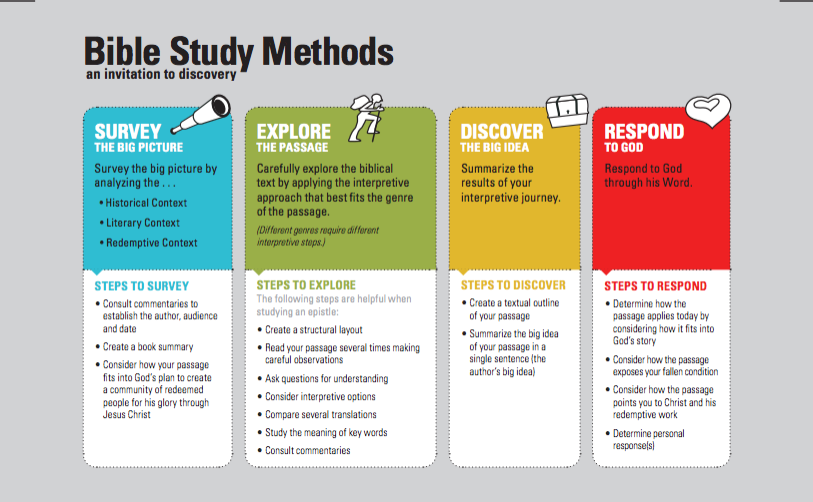How do you study the Bible? The most common Bible study mistakes are in interpreting the context of the passage. There are many methods to study the Bible and each has its benefits. But which ones are right for you? Follow these tips to begin your study:
Journaling
Journaling as a method of Bible study is not limited to just writing key words and phrases, but can also involve drawing visualizations of thoughts and emotions evoked by a particular passage. Bible journaling can help you process the words and passages you read more deeply by using your creativity. Incorporate doodling, underlining, and circling text to add even more depth and meaning to your Bible study.
Cross-references
When you study the Bible, you may find it helpful to use cross-references to help you make sense of certain passages. Cross-references in the Bible are lists of parallel passages and ideas. They can provide more information about events, places, and people. Often, cross-references link to specific words, similar ideas, or events that were written in other parts of the Bible.
Book-by-book study
A Book-by-book study of the Bible is an excellent way to deepen your understanding of the Scriptures. You can start with the first book of the Bible (Genesis) and move on to other books as you study. These studies will give you a solid background in how to approach the Bible as literature and narrative. This course meets every Sunday in Room 121. There is no registration fee, but you do need to purchase a study guide.
Characters to study
There are many different types of Bible character studies you can pursue. Character Bible studies can be part of an existing study or can stand on their own. For example, you can look at Abraham’s wife Sarah and compare her character to Abraham. A study of Abraham can focus on Abraham’s faith and obedience to God. It can also focus on the character’s spiritual development. In either case, character Bible studies can help you learn a lot about Abraham.
Using a translation that sticks closely to the original text
While it may not seem like it, the idea of using a translation that sticks closely to the original texts is worth considering if you want to fully understand the biblical text. There are several types of Bible translations and choosing the right one is critical. The following are some examples of Bible translations to consider:
